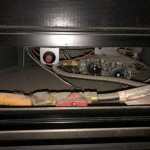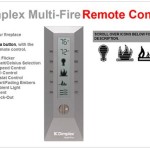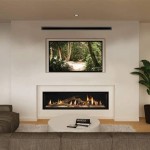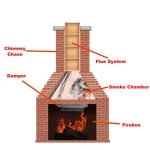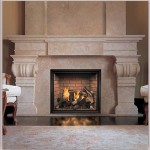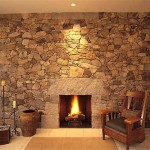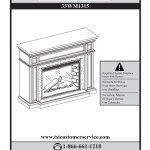Wood Fireplace Heat Exchanger: Enhancing Efficiency and Safety
A wood fireplace can be a beautiful and cozy centerpiece in a home, providing warmth and a sense of comfort during colder months. However, traditional fireplaces are often inefficient, losing a significant portion of heat up the chimney. This inefficiency can lead to higher energy bills and contribute to air pollution. To address these issues, wood fireplace heat exchangers have emerged as a valuable solution, offering increased efficiency and improved safety.
Increased Heating Efficiency
The primary function of a wood fireplace heat exchanger is to capture and transfer heat from the burning wood to the surrounding air. It does this by circulating air through a series of tubes or fins that are positioned within the fireplace's firebox. As hot gases from the flames pass through the tubes, they transfer heat to the surrounding air, which is then distributed throughout the house. This process significantly increases the efficiency of the fireplace, capturing more heat that would otherwise escape through the chimney.
A typical wood fireplace can lose as much as 90% of its heat up the chimney without a heat exchanger. In contrast, a fireplace equipped with a heat exchanger can improve efficiency by up to 70%, meaning a greater portion of the heat generated by the burning wood is utilized for heating the home.
Improved Safety
Wood fireplace heat exchangers enhance safety by reducing the risk of creosote buildup. Creosote is a highly flammable substance that accumulates inside chimneys due to incomplete combustion. It can ignite easily, leading to chimney fires, which can cause significant damage and even pose a threat to life.
Heat exchangers help prevent creosote buildup by ensuring more complete combustion. The heat exchanger's design promotes more efficient burning, reducing the amount of smoke and soot that escape through the chimney. This, in turn, minimizes the formation of creosote, making the fireplace safer to operate.
Reduced Emissions
Apart from efficiency and safety, wood fireplace heat exchangers also contribute to environmental sustainability by reducing emissions. Incomplete combustion in traditional fireplaces releases harmful pollutants into the atmosphere, including particulate matter, carbon monoxide, and volatile organic compounds. These pollutants contribute to air pollution, negatively impacting human health and the environment.
Heat exchangers promote cleaner burning by increasing the efficiency of combustion. The air circulation system within the heat exchanger ensures more complete burning of the wood, resulting in lower emissions. This reduction in pollutants helps improve air quality and reduce the negative environmental impact of wood-burning fireplaces.
Overall, wood fireplace heat exchangers offer a compelling solution for homeowners seeking to enhance the efficiency, safety, and environmental friendliness of their fireplaces. By capturing and transferring heat more effectively, reducing creosote buildup, and minimizing emissions, these devices contribute to a more sustainable and comfortable living environment.

An Ultimate Guide To Fireplace Heat Exchanger Meaning Installation

Size 45 Airculator Wood Burning Fireplace Heat Exchanger

Fireplace As Heatingsystem Called Thermo Exclusive Property Blog

Grate Heater Wikipedia

Fireplace Heat Exchanger

Fire Place Heat Exchanger Wood Fireplace Gas

Size 39 Airculator Wood Burning Fireplace Heat Exchanger

Fireplace Wood Burning Airculator 45 034 20k Btu 039 S Heat Exchanger Blower He14501

Fire Place Heat Exchanger In 2024 Fireplace Blower

Tiny Stainless Grate Fanless Hastyheat
Related Posts

